11
PhD days 2019 - join and contribute
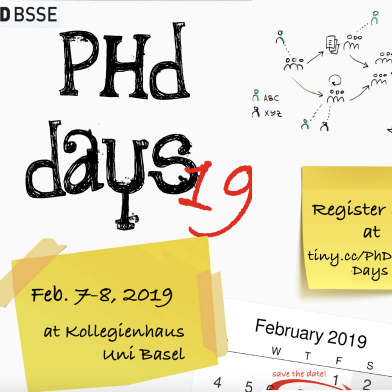
Registration ist now open for the next PhD days which will take place on 7-8 February 2019 in Kollegienhaus, University of Basel. The two-day event will include workshops on how to take control of your PhD, how to find the right career for you and how to manage conflicts. There will also be invited talks, science speed dating, problem-solving games and lots of time to network and party.
Meet ESOP-fellow Roman Doronin
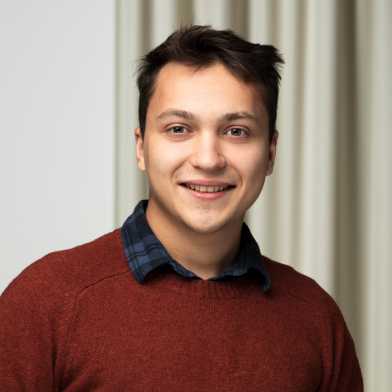
Every year, some 800 candidates apply for ETH Zurich's Excellence Scholarship and Opportunity Programme (ESOP), 50 applicants are awarded the prestigious grant annually. Roman Doronin from Russia is one of the 2018 excellent scholars. He is a D-BSSE student enrolled in the Master's degree programme Computational Biology and Bioinformatics. Roman's experiences as an Amgen scholar in the Computational Biology group of Dagmar Iber during summer 2017 convinced him: the D-BSSE is his first choice.
Reactions to ETH video targeting Master students from abroad
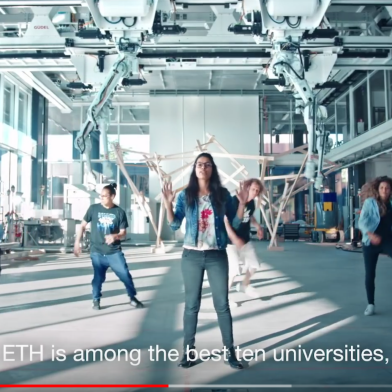
The video on Master’s study that ETH Zurich launched on Monday was viewed 60,000 times on YouTube in the first 24 hours alone. And it stirred emotions – positive and, above all, negative.
Bio-robot AROMA: how scientific creativity and interdisciplinary can lead to a smart invention
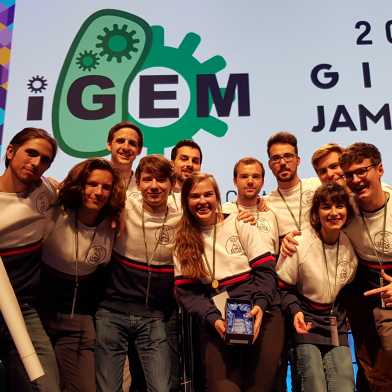
This year, a team of eight ETH students from four different departments including the D-BSSE was awarded the iGEMer’s audience Prize at the international Genetically Engineered Machines (iGEM) competition in Boston, MA, USA. 365 teams from all over the world participated in the competition. The student Jan Krüsemann explains what developing the robot AROMA means to him personally and why he advises every student to unleash his or her scientific creativity.
Innovation Award for cell mass monitoring technology
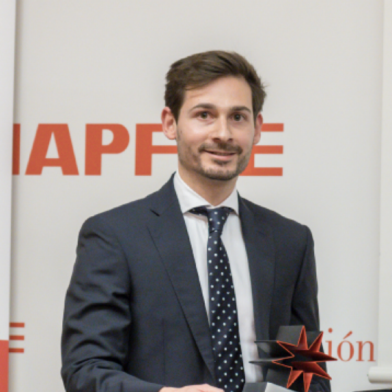
Congratulations to David Martínez Martín who received the Innovation Award of the Alberto Elzaburu Foundation for turning scientific innovations into valuable commercial assets that contribute to the well-being of humankind. David from the Biophysics Group of Daniel Müller holds several patents related to scanning probe microscopy technologies, measuring devices and methods specifically developed to determine the mass and size of tiny biological systems such as individual cells.
Meet Dr Aleksandra Sapala working on cell and organ growth
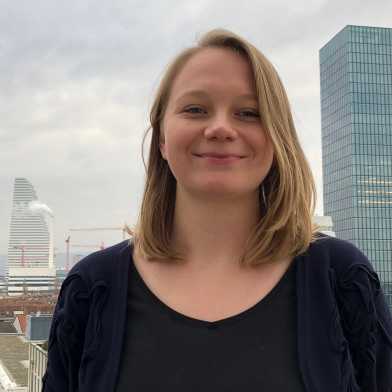
The Polish biophysicist in the Computational Biology group of Professor Iber studies the development of cells and organs. D-BSSE was her first choice when applying for a postdoctoral position because of its excellent infrastructure and availability of resources. The city of Basel was a big surprise to her: small in size but very lively and with a vibrant scientific community.
Stefan Hell receives Honorary doctorate of ETH Zurich

On 17 November, ETH Zurich celebrated its 163rd ETH Day, its academic holiday, together with guests from research, politics, and industry. Upon the proposal of D-BSSE, Timm Schroeder, Head of the Department, presented the ETH Honorary doctorate to Professor Stefan Hell, Director of two Max Planck Institutes in Germany. He invented the “Stimulated Emission Depletion” (STED-) Microscopy which makes visible tiny objects of the size of molecules.
Randall Platt awarded the Golden Owl
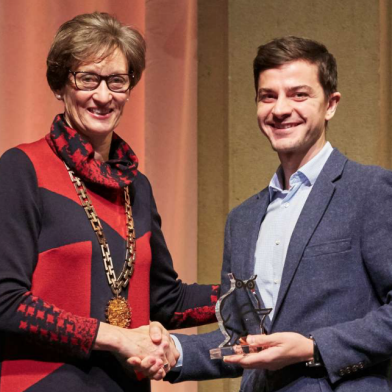
The Golden Owl honours lecturers distinguished by exceptional teaching and motivates them to continue with their excellent teaching. The Owl is awarded by ETH Zurich’s student association. This year, the Owl was awarded to D-BSSE Professor Randall Platt who heads the Laboratory for Biological Engineering and teaches Genetics, Genome Engineering and Molecular Biology.
Boost your career: All Institutes Career Event on 27 November
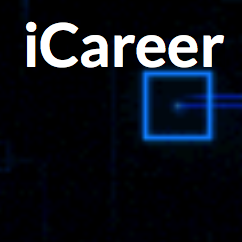
Registration is now open for the 3rd All Institutes Career Event which is organized by various student groups representing the Basel life science community to facilitate new connections and highlight career paths outside academia. The event will take place on 27 November from 5 - 8 PM at the Friedrich Miescher Institute.
Establishing molecular cancer diagnostics in Swiss clinics
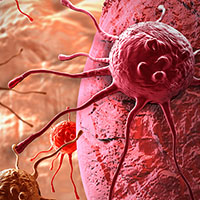
The analysis of molecular data in cancer diagnostics is an emerging practice to improve cancer therapy. However, the challenges of integrating molecular profiling into routine clinical precision oncology are manifold. Researchers from the ETH technology platform NEXUS Personalised Health Technologies and the group of Niko Beerenwinkel have built the Swiss Molecular Tumour Board, the first clinical workflow in Switzerland for personalised diagnostics based on genetic sequencing of tumours at the clinic.